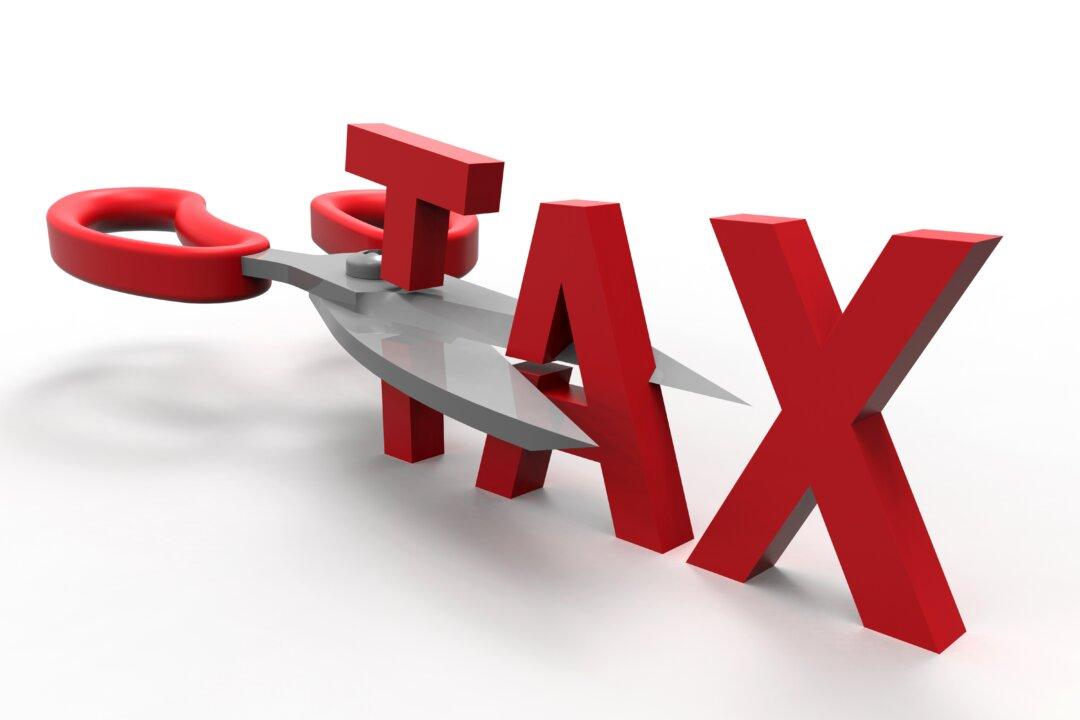LONDON—Shell CEO Ben van Beurden is stepping down at the end of 2022 after nine years in charge, the energy giant said Thursday, a change that comes as oil and natural gas companies are under pressure to shift away from fossil fuels even as they see soaring profits from high energy prices.
Taking over Jan. 1 is Wael Sawan, a Lebanese-Canadian who has worked for Shell for 25 years and is now director of integrated gas, renewables, and energy solutions. The choice signals the focus of the London-based company to take what it calls a leading role in the energy transition.





